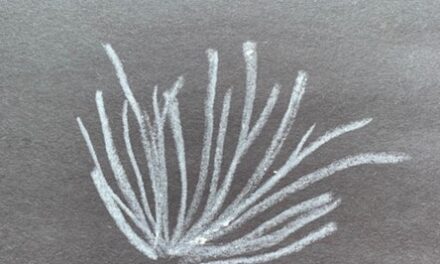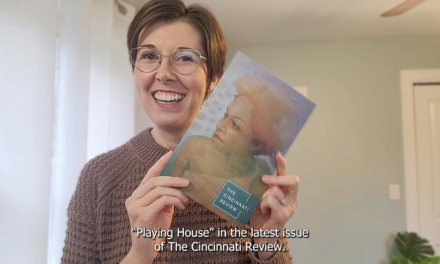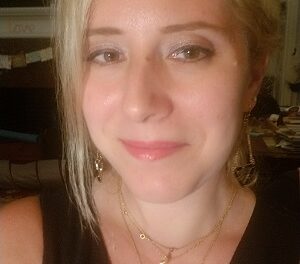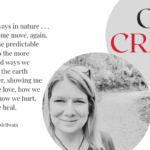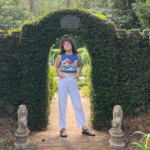You have a bod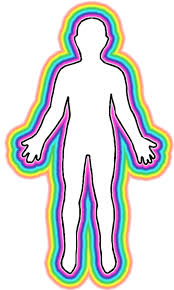 y. You are a body. And yet your body is not ALL you are. Yep, the mind/body problem is scary stuff. It has puzzled philosophers for centuries and driven countless philosophy undergrads to change their majors to business. But our contributors are not afraid of corporeality, or if they are, they use their minds to turn that fear into wonderful fiction and poems. The following writers in Issue 10.1 find inspiration in bog bodies, our distant bodily cousins, and Catholic body-hate:
y. You are a body. And yet your body is not ALL you are. Yep, the mind/body problem is scary stuff. It has puzzled philosophers for centuries and driven countless philosophy undergrads to change their majors to business. But our contributors are not afraid of corporeality, or if they are, they use their minds to turn that fear into wonderful fiction and poems. The following writers in Issue 10.1 find inspiration in bog bodies, our distant bodily cousins, and Catholic body-hate:
Alexander Lumans (on his story “Give Your Man His Due”): While living in Galway, thanks to a grad-school fellowship, I visited the National History Museum of Ireland in Dublin. There’s an exhibit all about Irish bogs. The highlights of this exhibit (the whole museum, really) are the four bog men on display. Some body parts are so well-preserved that they appear on the verge of moving. It’s uncanny! I couldn’t pull myself away. I ended up sitting in front of one bog man until the museum closed. Those bodies are, hands down, the most profound things I’ve ever shared a room with. Naturally, I became terrifically obsessed. The only space that allowed me to even semi-convey this sublime/disturbing feeling was in fiction. The first drafts actually had the bog men talking, but that quickly turned south when all they did was mope about having their nipples cut off. So I figured: What better character to get at what I was feeling myself than one of the museum guards?—someone who looks at them every single day. The most difficult part was that I didn’t start writing the story until I left Ireland, which made finding and employing Irish vernacular all the more of a banjaxed holy show.
Priscilla Long (on her poem “Neandertal”): My poem is a sestina about the Neandertals (sometimes called Neanderthals). I’ve always been fascinated by these northern distant cousins of ours that went extinct 28,000 years ago. Who were they? What were their lives like? I was actually disappointed at the revelation (later reversed) that we Homo sapiens did not have any Neandertal genes. Then, when it was discovered that most Homo sapiens (except those whose ancestors never left Africa) do have Neandertal genes, I was completely thrilled. I’ve written two science/creative nonfiction pieces about the Neandertals (it seems that their skill level and intelligence were much higher than they were previously given credit for), and now this poem. Finally I broke down and had my genome scrutinized by the genomics firm 23andMe. (This cost $100.) As it turns out, I am myself 2.9 percent Neandertal. Yes!
Michael Mlekoday (on his poems “Forage” and “Drop”): Me and my friends were sitting on our porch one night, like we did every night. We lived in South Minneapolis; we were the only white folks and the only college kids on our block. Most of us were used to that, grew up in similar areas. We’d instituted a rule: When we play music on the porch, no Eminem. That night, a passerby asked if he could buy a lighter from one of us. Tim handed the guy his lighter, and the guy held out a fist to drop his payment into Tim’s hand. He gave Tim a crack rock. It was messed up. It was where we lived. This was also around the time I realized I had a weird, post-Catholic disgust at my own body, and the fact of embodiment in general. I knew I had some meditating to do on these issues, so I started writing poems that took a mantra and free-associated their way through hiphop, through the inner city, through the body, revolving around their titular mantras. “Drop” and “Forage” are two of those poems; they, along with the rest of the series, appear in my forthcoming book, The Dead Eat Everything. I love my body now/again—I think I needed to see how language, how poems, could break and become bodies themselves.


